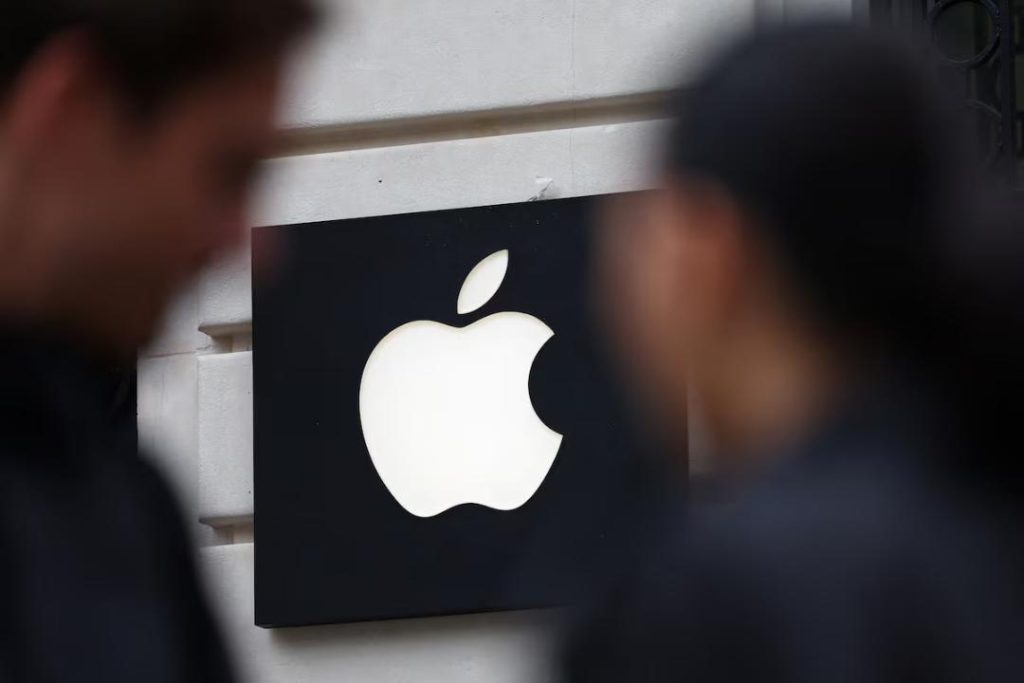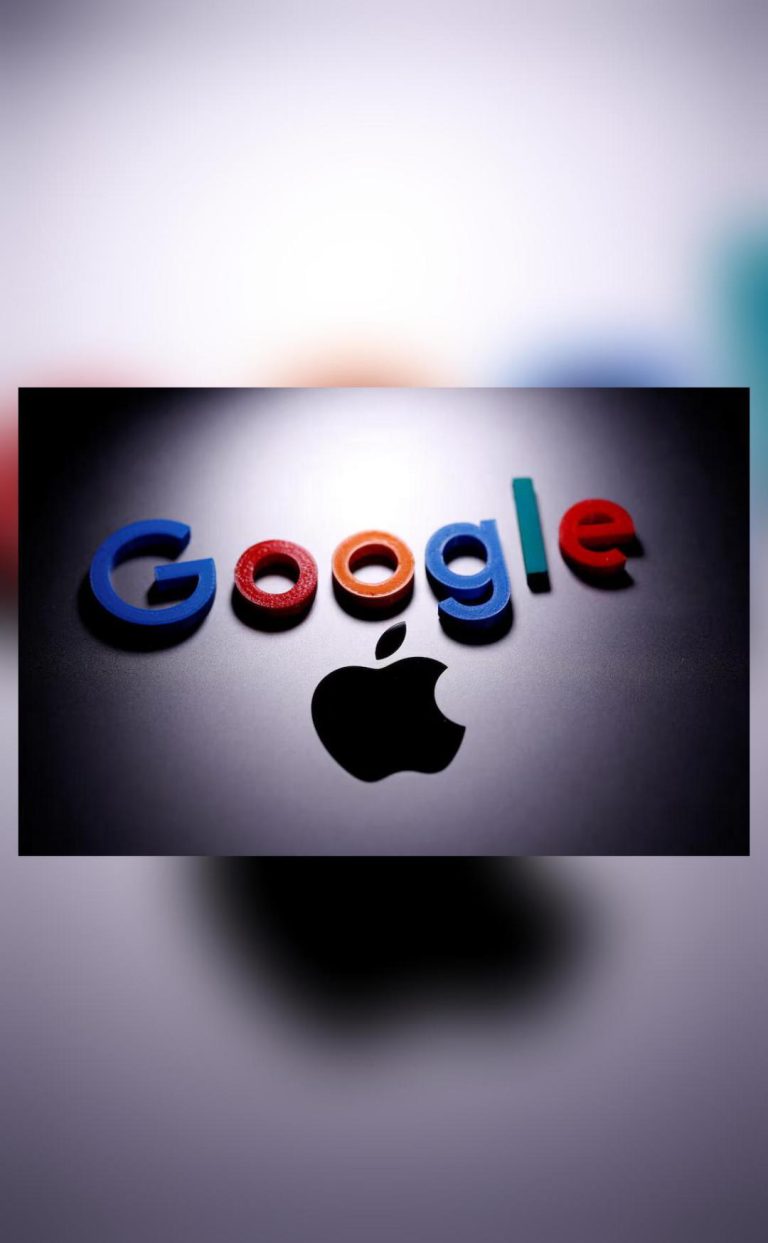
Shareholders Sue Apple for Overstating AI Progress, Siri Delays
In a shocking turn of events, Apple has been hit with a lawsuit by shareholders who claim the tech giant overstated the progress it had made in integrating advanced artificial intelligence (AI) into its Siri voice assistant. The lawsuit, filed in June 2025, alleges that Apple misled investors by suggesting that AI would be a key driver of its iPhone 16 devices, only to disappoint them with modest AI changes.
The lawsuit claims that Apple’s June 2024 Worldwide Developers Conference (WWDC) was used to build up expectations around AI, with CEO Tim Cook highlighting the importance of AI in the company’s future plans. Shareholders claim that this created a false sense of urgency and excitement around the iPhone 16, leading them to invest heavily in the company’s stock.
However, when the iPhone 16 was finally released, it became clear that Apple’s AI advancements were not as significant as promised. The company’s Siri voice assistant still struggled with tasks that seemed simple, such as understanding natural language and processing multiple requests simultaneously. This led to a significant decline in iPhone sales and a subsequent drop in Apple’s stock price.
The lawsuit alleges that Apple’s failure to deliver on its AI promises was not only a disappointment to investors, but also a breach of the company’s fiduciary duties. According to the lawsuit, Apple’s statements about AI were made without a reasonable basis, and the company knew that its AI capabilities were not as advanced as claimed.
One of the shareholders who has joined the lawsuit is the California State Teachers’ Retirement System (CalSTRS), which has a significant stake in Apple’s stock. CalSTRS has accused Apple of making “false and misleading” statements about its AI capabilities, and of failing to provide accurate and timely information about its progress.
The lawsuit is seeking damages and other relief for the shareholders, who claim that they suffered financial losses as a result of Apple’s alleged misrepresentations. The case is likely to be closely watched by investors and tech enthusiasts alike, as it raises important questions about the accountability of tech companies and their ability to manage investor expectations.
The Background
Apple’s struggles with AI have been well-documented in recent years. Despite investing heavily in AI research and development, the company has struggled to make significant progress in areas such as natural language processing and machine learning.
In 2024, Apple announced that it would be making AI a key focus area for its iPhone 16 devices, with the aim of creating a more intelligent and personalized user experience. The company showcased several AI-powered features at its WWDC, including a new “intelligent” Siri that was designed to be more conversational and intuitive.
However, when the iPhone 16 was released, it became clear that these features were not as advanced as promised. Siri still struggled with tasks that seemed simple, and the company’s AI capabilities were not as sophisticated as those of its competitors.
The Consequences
The consequences of Apple’s AI delays have been significant. The company’s stock price has declined sharply, and iPhone sales have slowed to a trickle. The company’s failure to deliver on its AI promises has also led to a loss of trust among investors, who are increasingly skeptical of Apple’s ability to innovate and deliver on its commitments.
In addition, the lawsuit has raised concerns about the accountability of tech companies and their ability to manage investor expectations. The case has sparked a broader debate about the role of AI in the tech industry, and the need for greater transparency and accountability in the development and deployment of AI technologies.
Conclusion
The lawsuit against Apple is just the latest example of the challenges facing the tech industry as it struggles to integrate AI into its products and services. The case highlights the importance of transparency and accountability in the development and deployment of AI technologies, and the need for tech companies to manage investor expectations more effectively.
As the tech industry continues to evolve, it is essential that companies like Apple are held accountable for their actions and decisions. The lawsuit against Apple is a reminder that investors and consumers have a right to expect honesty and transparency from the companies they invest in and do business with.
Source:





